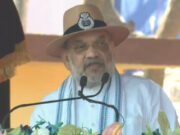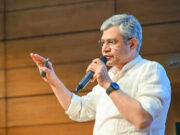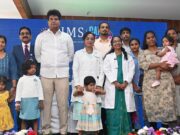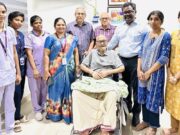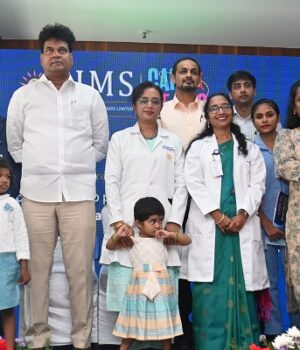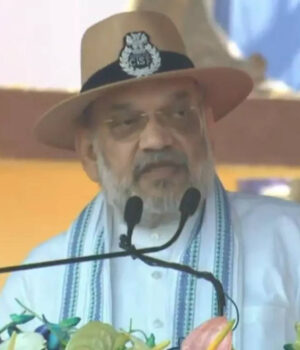
A survey of more than 360 Indian deep tech startups showed that 580 patents were filed in AI, 130 in IoT and 120 in neurotechnology, Nasscom said in its latest report on patenting trends.
Elevate Your Tech Prowess with High-Value Skill Courses
| Offering College | Course | Website |
|---|---|---|
| IIM Kozhikode | IIMK Advanced Data Science For Managers | Visit |
| IIM Lucknow | IIML Executive Programme in FinTech, Banking & Applied Risk Management | Visit |
| MIT | MIT Technology Leadership and Innovation | Visit |
In AI, the major areas are image processing, natural language processing and predictive modelling, while generative AI (Gen AI), medical data processing and cognitive computing are the key emerging areas, the report said.
The top application area was healthcare, primarily in medical imaging, diagnosing, report generation and testing, followed by automation/software development and retail/ecommerce.
Among the top deep tech startups that filed patents were Wisig Networks, Netradyne, Qure AI and Miko.
In the last fiscal year, 83,000 patents were filed in India, at an annual growth rate of 24.6%, the highest in two decades, the study found.
Discover the stories of your interest
The number of patents granted grew by more than two times between FY19 and FY23, while more than 100,000 patents were granted between March 2023 and March 2024, indicating that the trend would significantly increase, the report said.“This significant increase reflects a growing focus and heightened awareness of intellectual property rights in the country,” Nasscom said in a statement. “Educational Institutes have been a key driver to this growth.”
Also, the last decade saw a doubling in the proportion of patents filed by residents (primary filer based in India). This grew from 33.6% of total filings in FY19 to more than 50% in FY23.
“The surge in patent filings within the last few years is a clear indication of India’s growing innovation prowess, particularly in areas like artificial intelligence,” Nasscom president Debjani Ghosh said. “To further enhance domestic patent activity, collaborations among key stakeholders are essential for fostering and increasing awareness of intellectual property rights.”
India’s share in patents filed globally remains just above 2%, implying the need for more focused initiatives in this direction, according to the report.
It recommended measures such as a simplification of the patent filing procedure and appointment of more domain and technical experts at the patent office, establishing clear and consistent guidelines for examining the patentability of computer programs, and revising the list of attorneys on the IP portal to highlight their technical proficiency across domains.



